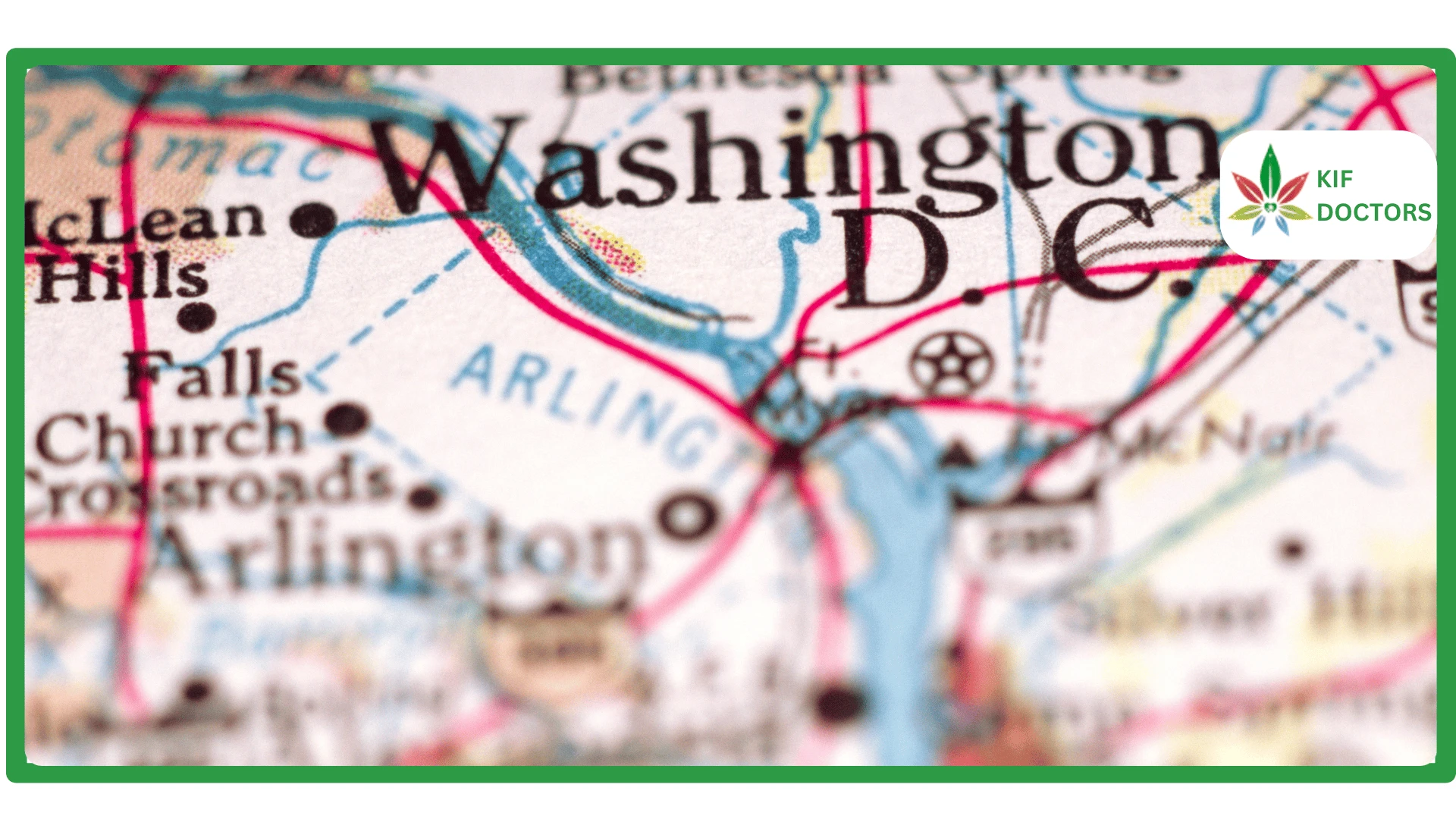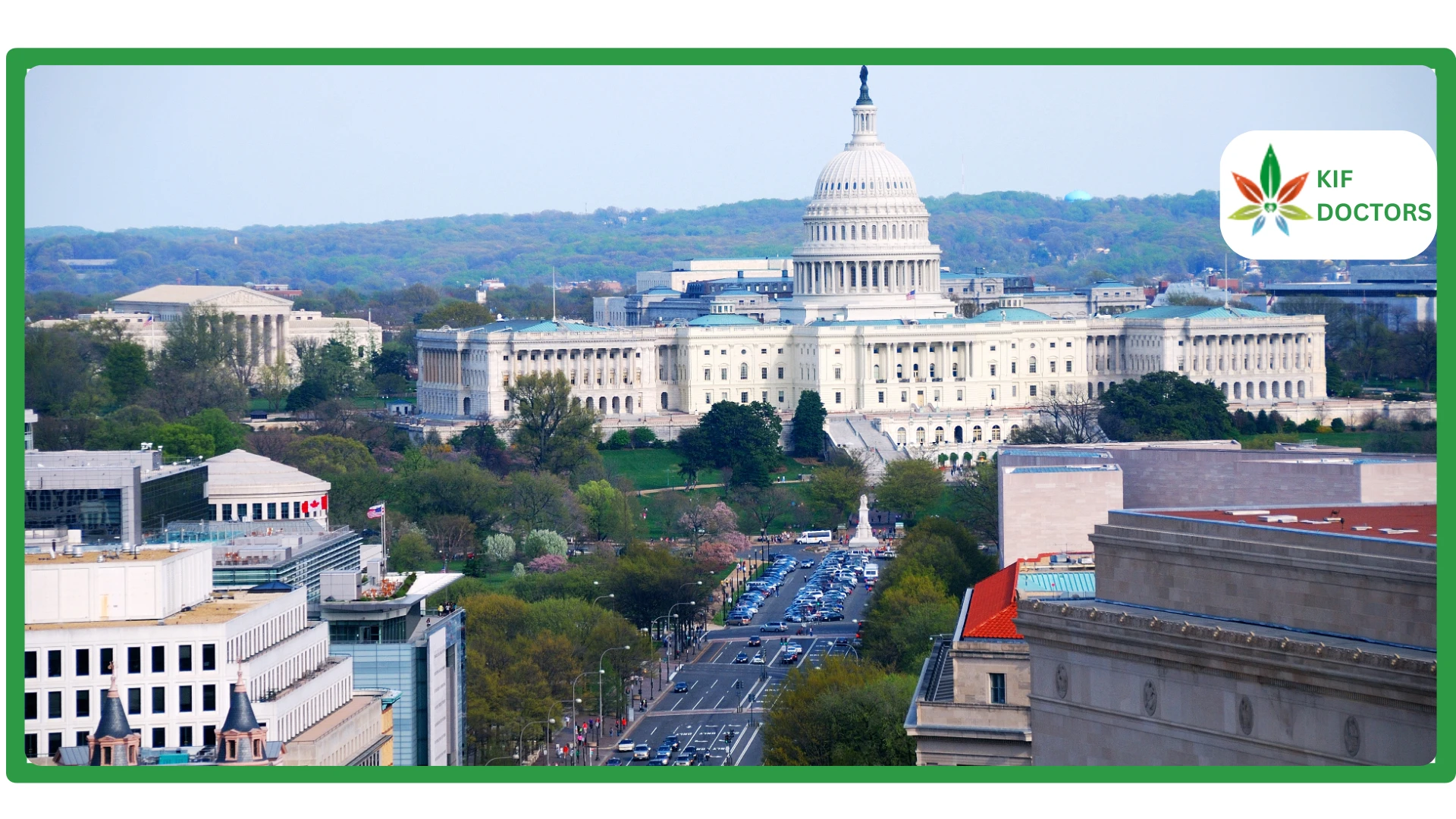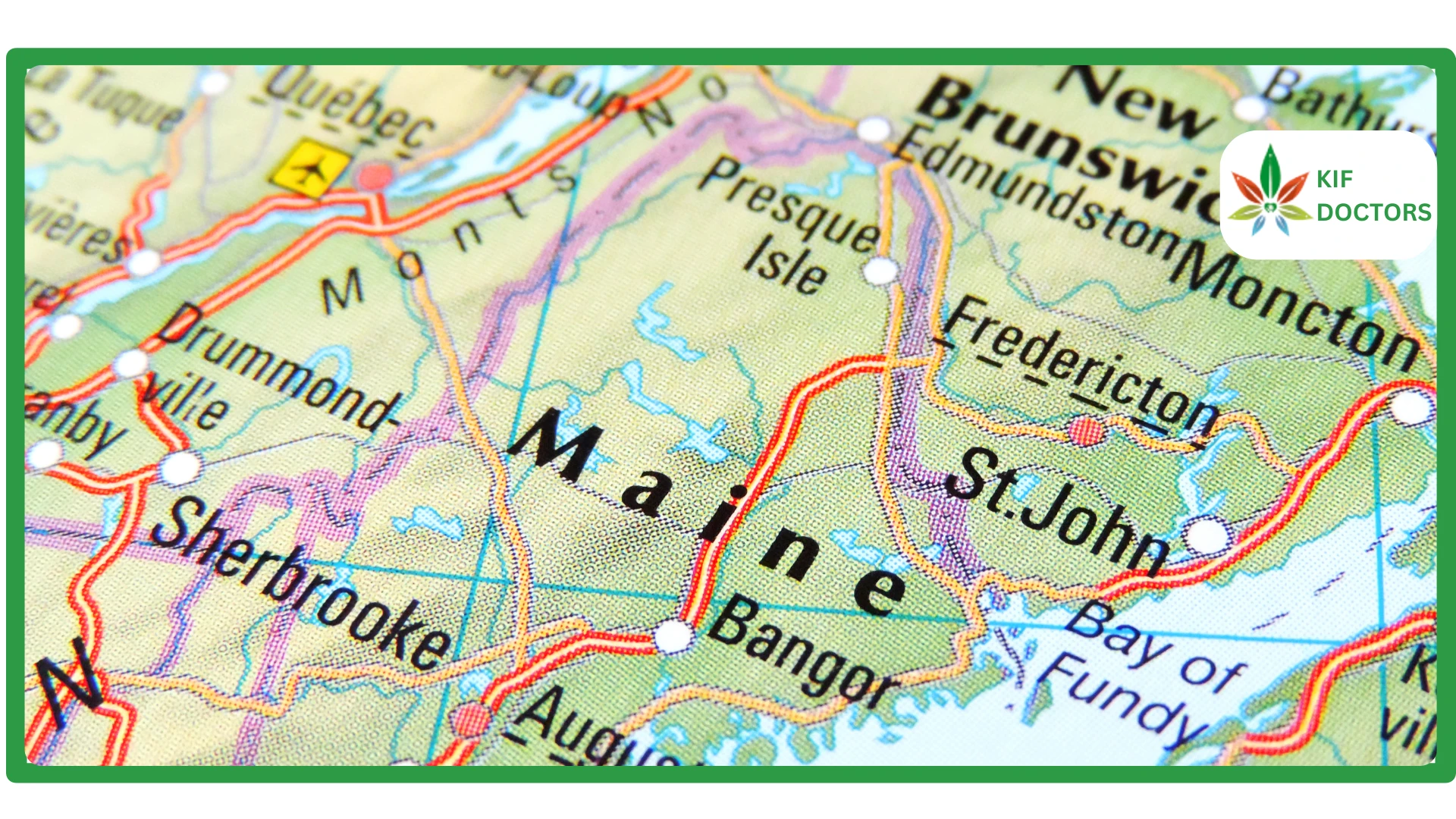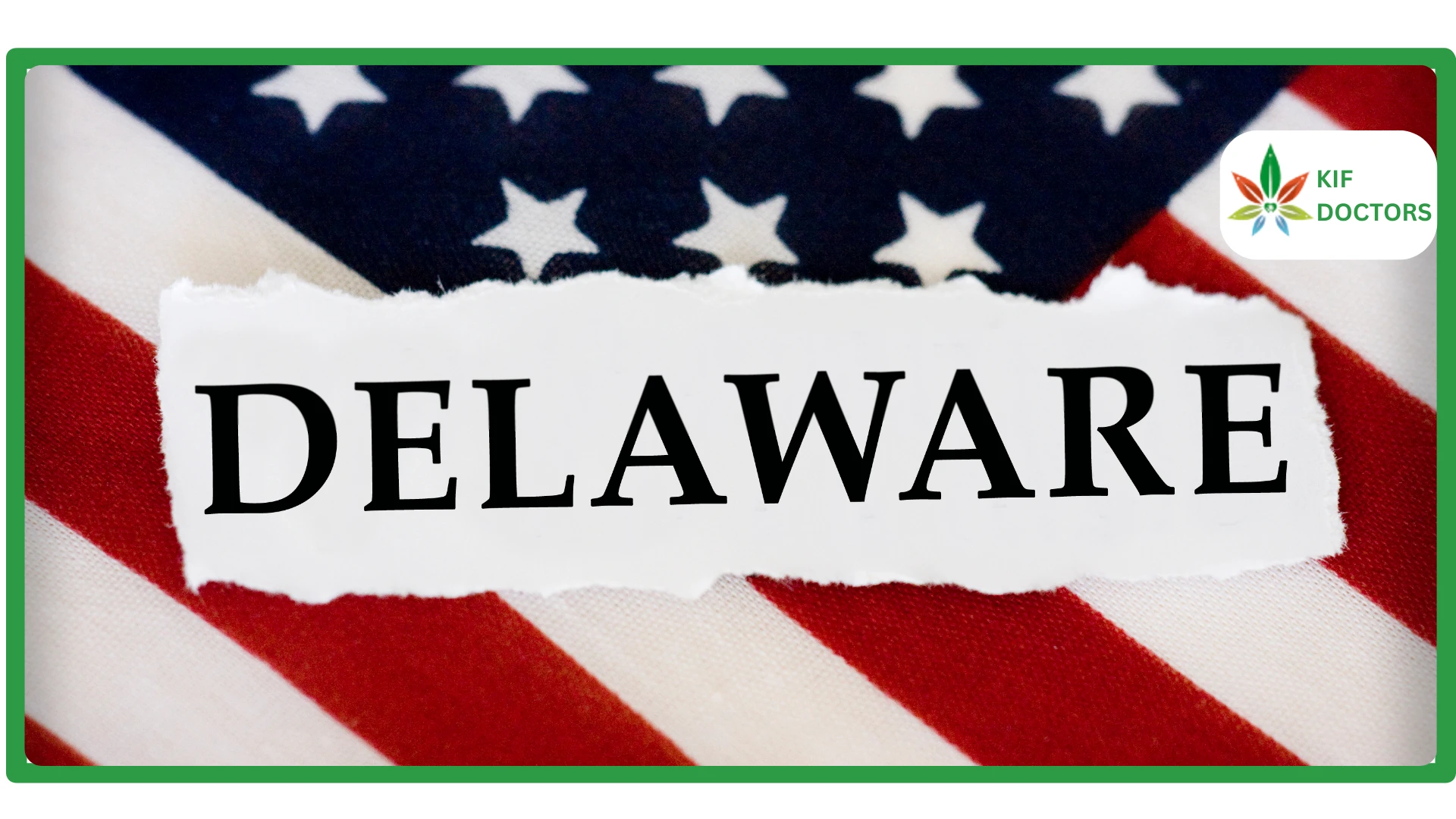Pennsylvania’s cannabis landscape is a mix of progress and patience, with a well-established medical marijuana program, ongoing debates about recreational legalization, and a growing hemp industry. Since the passage of the Medical Marijuana Act in 2016, the state has built a robust system for patients, but recreational use remains illegal, despite strong public support and legislative efforts. Hemp-derived products, meanwhile, have carved out a legal niche, creating both opportunities and regulatory challenges. This guide provides a detailed look at Pennsylvania’s cannabis laws, how to access medical marijuana, the status of recreational legalization, and the role of hemp in the state. Whether you’re a patient, a curious resident, or a visitor, here’s everything you need to know about cannabis in Pennsylvania in 2025.
Pennsylvania’s Medical Marijuana Program: A Strong Foundation
Pennsylvania legalized medical marijuana on April 17, 2016, when Governor Tom Wolf signed Senate Bill 3 into law, making the state the 24th in the U.S. to establish a medical cannabis program. Managed by the Pennsylvania Department of Health, the program has grown significantly, serving over 400,000 registered patients and caregivers as of 2025. Dispensaries began selling products in February 2018, and the program has since expanded to include a wide range of products and qualifying conditions.
The Medical Marijuana Act allows patients with specific medical conditions to obtain cannabis through licensed dispensaries. The program is tightly regulated to ensure safety and compliance, with an electronic tracking system monitoring cannabis from seed to sale. Key features include:
- Patient Access: Patients must obtain a certification from an approved physician and register for a medical marijuana ID card.
- Products: Available forms include flower, edibles (like gummies and pills), tinctures, oils, topicals, and vape cartridges. Smoking was permitted starting in 2018, following earlier restrictions on smokable forms.
- Dispensaries: Nearly 200 dispensaries operate statewide, each permitted to have up to three locations.
- Research: Pennsylvania’s program includes a unique research component, with eight certified institutions studying cannabis’s medical efficacy.
The program has evolved to address patient needs. For example, Act 44 of 2021 allowed growers to use hemp-derived additives and expanded acceptable product forms, including edibles. The average cost of medical marijuana has also decreased, from $14.90 per gram in 2021 to $8.26 in 2024, with an eighth of an ounce ranging from $40 to $50 and edibles costing $20 to $40 for a pack of 10 gummies.
How to Get a Medical Marijuana Card in Pennsylvania
Obtaining a medical marijuana card in Pennsylvania is a straightforward process, designed to ensure only eligible patients gain access. Here’s a step-by-step guide to help you navigate the system:
- Confirm Eligibility: You must be a Pennsylvania resident with a qualifying medical condition. Proof of residency, such as a driver’s license or utility bill, is required.
- Visit an Approved Physician: Schedule an appointment with a physician (MD or DO) registered with the Department of Health. Physicians must complete a four-hour training course to certify patients. The doctor will evaluate your condition and issue a certification if cannabis is deemed beneficial.
- Register Online: Create an account on the Pennsylvania Medical Marijuana Registry and complete the patient application. Upload your physician’s certification and pay the $50 application fee, which can be waived for financial hardship or enrollment in programs like Medicaid or CHIP.
- Receive Your Card: Once approved, you’ll receive a digital or physical medical marijuana ID card, typically within 7-10 days. The card is valid for one year and must be renewed annually.
- Visit a Dispensary: Present your ID card and a valid government-issued ID at a licensed dispensary to purchase products. Patients can buy up to a 90-day supply, as prescribed by their physician.
I always recommend going for a Medical Marijuana Card Online Instantly. Kif Doctors simplifies the process, allowing you to apply and get approved for a medical marijuana card online in minutes. Their platform is user-friendly, making it easy to access the relief you need.
Qualifying Conditions for Medical Marijuana
Pennsylvania’s medical marijuana program covers a broad range of conditions, reflecting a commitment to patient access. As of 2025, the following conditions qualify:
- Amyotrophic lateral sclerosis (ALS)
- Anxiety disorders
- Autism
- Cancer, including remission therapy
- Crohn’s disease
- Damage to the nervous tissue of the central nervous system with intractable spasticity
- Epilepsy
- Glaucoma
- HIV/AIDS
- Huntington’s disease
- Inflammatory bowel disease
- Intractable seizures
- Multiple sclerosis
- Neurodegenerative diseases
- Neuropathies
- Opioid use disorder (as an adjunctive therapy)
- Parkinson’s disease
- Post-traumatic stress disorder (PTSD)
- Severe chronic or intractable pain
- Sickle cell anemia
- Terminal illness
- Tourette syndrome
Proposed legislation, like House Bill 533, aims to expand eligibility to any serious condition, potentially increasing access further. Patients with conditions not listed can discuss their case with a certified physician, who may certify based on medical judgment.
Recreational Marijuana: Still Illegal, but Momentum is Building
Recreational marijuana remains illegal in Pennsylvania as of 2025, despite growing public and political support. A 2022 CBS News poll showed 66% of registered voters favor legalization, and Governor Josh Shapiro has repeatedly called for it, estimating $1.3 billion in revenue over five years, including $27 million in the first year and $509.5 million in one-time licensing fees. However, the state’s divided legislature—Democrats control the House by a slim margin, while Republicans hold the Senate—has stalled progress.
Several bills are under consideration in 2025:
- Senate Bill 846: Sponsored by Senators Dan Laughlin (R) and Sharif Street (D), this bill proposes a regulated adult-use market with privately run stores, expungement of nonviolent possession convictions, and social equity provisions.
- House Bill 2500: Introduced by Representatives Rick Krajewski and Dan Frankel, this bill suggests selling cannabis through state-run stores, similar to Fine Wine & Good Spirits, with allowances for private growers and small retail cafes. It includes tax revenue distribution for municipalities, addiction prevention, and law enforcement.
- Kinkead-Major Bill: A bipartisan proposal by Representatives Emily Kinkead (D) and Abby Major (R) aims to create an independent cannabis commission to regulate both medical and recreational markets, emphasizing equity and job creation.
Despite these efforts, opposition persists, particularly in the Republican-controlled Senate. Senate President Pro Tempore Kim Ward has stated that legalization is not a priority, and some lawmakers cite public safety concerns, such as increased DUIs or youth access. Even if a bill passes in 2025, sales are unlikely to begin until 2026 or 2027, based on timelines in states like New Jersey (14 months) and New York (21 months).
Possession of recreational marijuana is a misdemeanor, with penalties including up to 30 days in jail and a $500 fine for less than 30 grams. However, cities like Philadelphia and Pittsburgh have decriminalized possession of up to 30 grams, imposing fines of $25-$100 instead of jail time. Proposed bills like SB 75 and HB 578 would reduce penalties statewide to a $25 fine for up to 30 grams.
Hemp and CBD: A Legal Loophole
Hemp-derived products, including CBD and delta-8 THC, are legal in Pennsylvania under the 2018 federal Farm Bill, which permits hemp with less than 0.3% delta-9 THC. These products are widely available at smoke shops, gas stations, and online retailers, offering a legal alternative to marijuana. However, the unregulated nature of the hemp market raises concerns about product safety and quality.
Key points about hemp in Pennsylvania:
- Legal Status: Hemp cultivation and CBD products are permitted, with the state licensing businesses to grow and process hemp.
- Delta-8 THC: This hemp-derived cannabinoid, which produces a milder high, is sold legally but faces scrutiny for undermining the medical marijuana market and lacking regulation.
- Challenges: Distinguishing hemp-derived CBD from cannabis-derived products requires lab testing, creating enforcement issues for police and prosecutors.
Lawmakers, including Representative Dan Frankel, have expressed concerns about unregulated delta-8 products, which could complicate recreational legalization efforts. Consumers should purchase from reputable sources and verify lab testing to ensure safety.
Navigating Pennsylvania’s Cannabis Culture
Pennsylvania’s cannabis culture is shaped by its medical program and urban decriminalization policies. Dispensaries, such as those operated by Curaleaf and Beyond Hello, are professional settings with knowledgeable staff, resembling pharmacies more than recreational shops. Patients can expect a wide selection of products, from high-potency flower to discreet edibles, tailored to medical needs.
For non-patients, the legal risks of recreational use are significant outside decriminalized cities. A college student caught with a small amount of marijuana in a rural county could face misdemeanor charges, while in Philadelphia, they might pay a $25 fine. Public consumption, even for medical patients, is illegal and can result in a $100 fine. Federal properties, like national parks, enforce stricter laws, as cannabis remains a Schedule I substance federally.
Social equity is a growing focus, with advocates like Kristal Bush pushing for minority-owned businesses and expungement of past convictions. Pennsylvania’s medical program included social equity provisions, but critics argue they haven’t gone far enough, a debate influencing recreational proposals.
Economic and Social Impact of Cannabis
Pennsylvania’s medical marijuana industry is a major economic driver, generating over $1.6 billion in revenue in 2024 and supporting more than 25,000 jobs. The program’s 5% tax on grower-to-dispensary sales funds regulatory oversight and research, while proposed recreational taxes (20% wholesale plus retail sales tax) could bolster education, infrastructure, and public health.
Socially, cannabis legalization debates highlight tensions between reform and caution. Advocates argue that legalization would reduce arrests—tens of thousands of Pennsylvanians have been charged with possession in recent years—and redirect police resources. Opponents, including some Republicans, worry about public health risks, citing inconsistent patient care in the medical program and potential increases in youth access.
What’s Next for Cannabis in Pennsylvania?
The 2025 legislative session is a critical juncture for Pennsylvania’s cannabis policy. Governor Shapiro’s budget proposal includes recreational revenue, and bipartisan bills signal growing momentum. However, the state’s divided legislature and concerns about regulation, social equity, and public safety will shape the outcome. Posts on X reflect public enthusiasm, with users noting bipartisan support, but these sentiments are inconclusive without legislative action.
Proposed reforms to the medical program, such as Senate Bill 76 (allowing home cultivation) and House Bill 878 (protecting patients from DUI charges for non-impairing THC levels), could enhance patient access. Meanwhile, the hemp market’s growth underscores the need for clearer regulations to protect consumers and support the regulated cannabis industry.
Frequently Asked Questions
Can non-residents get a medical marijuana card in Pennsylvania?
No, only Pennsylvania residents with proof of residency can obtain a medical marijuana card. Out-of-state patients cannot access the program, even with a medical cannabis card from another state.
Is home cultivation allowed for medical marijuana patients?
No, home cultivation is illegal for both medical and recreational purposes, except for licensed growers/processors. Senate Bill 76 proposes allowing patients to grow cannabis, but it’s not yet law.
What happens if I’m caught with recreational marijuana?
Possession of less than 30 grams is a misdemeanor, punishable by up to 30 days in jail and a $500 fine. In decriminalized cities like Philadelphia, fines range from $25-$100. Larger amounts or intent to distribute carry harsher penalties.
Can I use medical marijuana in public?
No, public consumption is illegal, even for registered patients, and carries a fine of up to $100. Use is restricted to private residences.
Are hemp-derived delta-8 products safe?
While legal, delta-8 products are unregulated, and quality varies. Purchase from reputable retailers with third-party lab testing to ensure safety and compliance with the 0.3% THC limit.
Conclusion
Pennsylvania’s cannabis landscape is dynamic, with a thriving medical marijuana program, a burgeoning hemp market, and a heated debate over recreational legalization. Patients benefit from a well-regulated system, but recreational users face legal risks outside decriminalized areas. As lawmakers weigh economic benefits, social equity, and public safety, 2025 could mark a turning point. For now, understanding the state’s laws and accessing resources like the medical program are key to navigating cannabis in Pennsylvania safely and legally.
 Since 2021, Kif offers a streamlined platform to get a medical marijuana card online. We have served more than 45K patients across the United States. Sign Up Now to get the right to use medical cannabis for your health condition without any delay.
Since 2021, Kif offers a streamlined platform to get a medical marijuana card online. We have served more than 45K patients across the United States. Sign Up Now to get the right to use medical cannabis for your health condition without any delay.

























